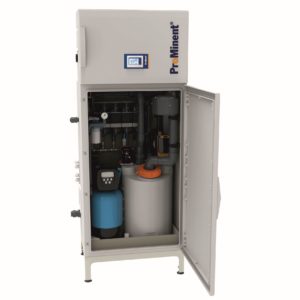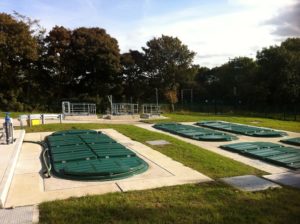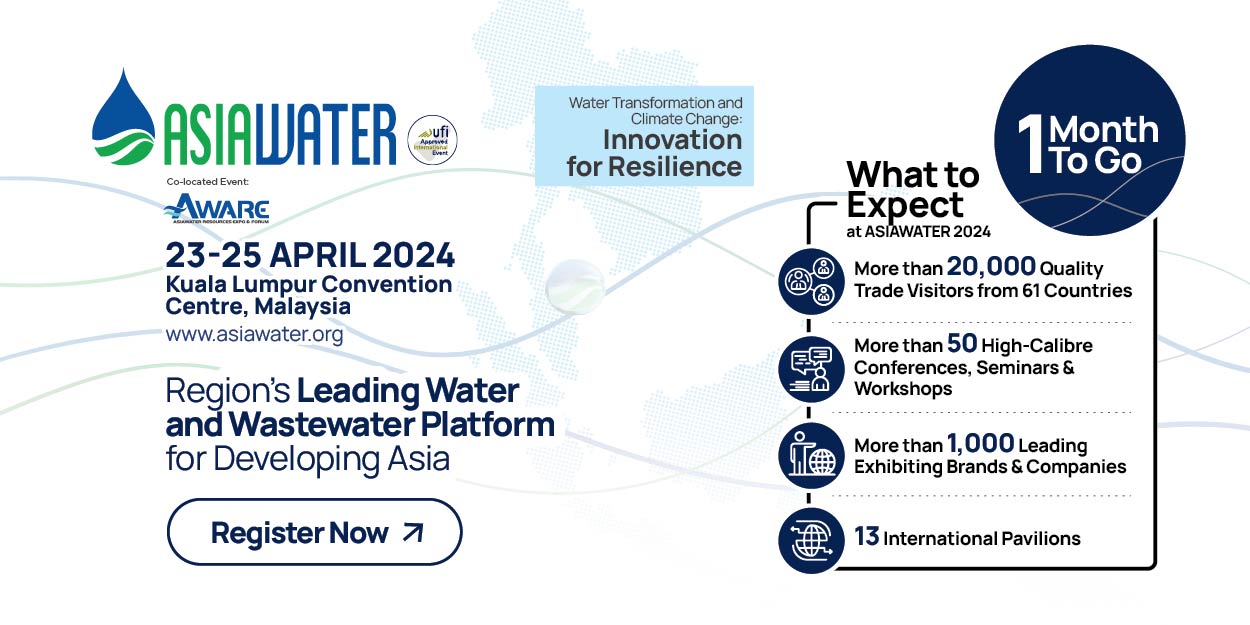Updated wastewater treatment guidance gains regulatory support
The UK’s four environmental regulators, the Environment Agency, Natural Resources Wales, Northern Ireland Environment Agency and the Scottish Environment Protection Agency, all support publication of the guide, which was written by British Water’s Packaged Treatment Plant Focus Group.
It includes advice on regulatory responsibility, maintenance and servicing, how to protect plants from damage and what they are designed and not designed to treat. The guidance has been issued alongside advice on how to safely restart packaged treatment plants that may have been out of action since Covid-19 lockdown restrictions were put in place in March.
Mar Batista, technical manager at British Water, said: “Packaged treatment plants are vital pieces of kit for sites that aren’t on mains drainage. While they are designed to be simple to manage and maintain, owners have an ongoing duty to ensure the treated effluent meets environmental standards and does not pollute surrounding surface and groundwater.
“The regulatory landscape has changed since the last guidance was last updated 10 years ago - it is important for users to be aware of these changes, as well as our new best practice guidelines, so they can continue to run their treatment plants effectively and safely.” The guide has been welcomed by environmental regulators.
Helen Wakeham, deputy director of water quality, groundwater & land contamination at the Environment Agency, said: “We welcome British Water’s refreshed and updated user guide, which will provide valuable guidance for packaged treatment plant operators on ensuring they can continue to work safely while protecting the environment.”
Christopher Hall, senior water quality technical advisor at Natural Resources Wales, said: “The correct use and maintenance of a private sewage treatment works is very important to avoid it becoming a health hazard and polluting the environment. Advice in the updated British Water guidance will help the user to meet the regulatory requirements in Wales.”
Andy Hemingway, water specialist at the Scottish Environment Protection Agency, said: “This is a welcome update of a useful guide. It will help users look after their packaged sewage treatment plants and avoid causing pollution.”
This is the first in a planned series of updates to British Water codes of practice. Its accompanying recommissioning guide is aimed at businesses such as restaurants, cafes, tourism and leisure facilities that may be preparing to reopen after a period of closure and lists critical health and safety guidance and mechanical checks to be made before restarting equipment.
Batista said: “Onsite treatment plants are designed to deal with a minimum flow rate of effluent – if this rate has not been reached since lockdown was announced in March, the biological processes within the plant would have wound down. These will take time to embed again. Some proactive action ahead of time will enable a smooth start, reducing the risk of technical problems when the doors of businesses reopen.”
Source: British Water







